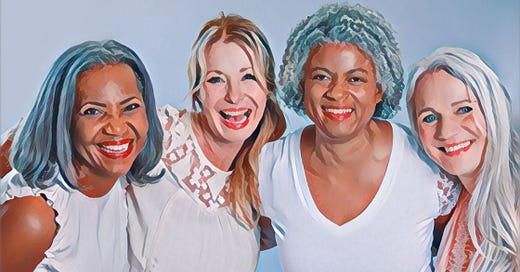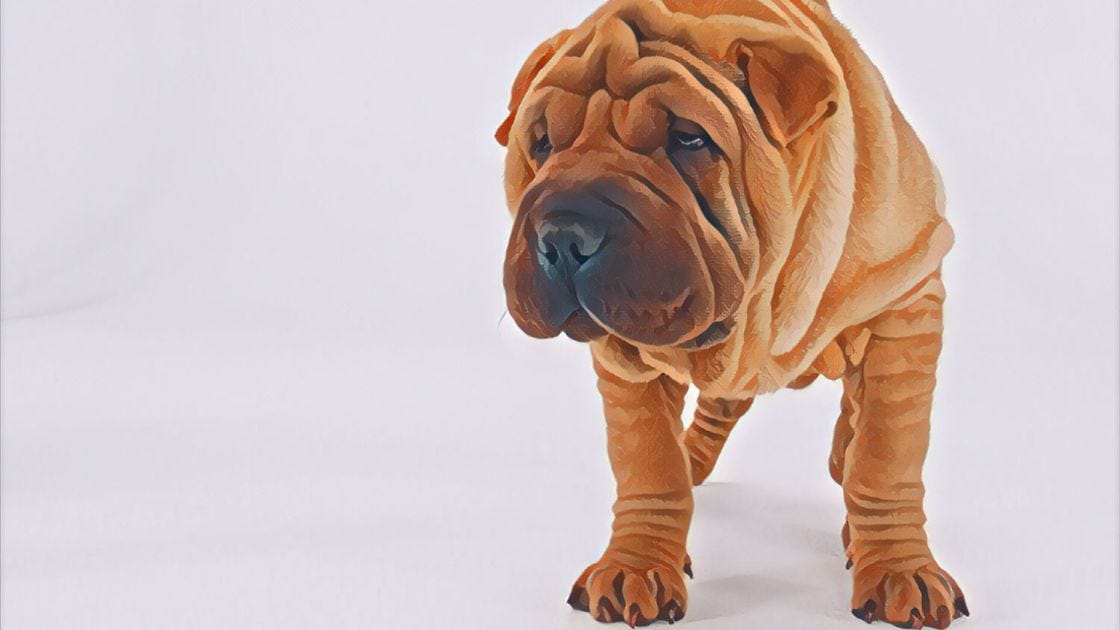Hi there -
ChatGPT is a new open AI chatbot that writes and interacts in a conversational way. You can ask it to explain a topic, write an article for you, create a Facebook post, and more.
I admit - it is pretty darn impressive.
However, there is a huge drawback with AI generated content that I want all of you to be aware of:
It isn't always right.
But... it sounds so perfect that you'll likely believe it!
For example, I was playing around with ChatGPT while updating my article on glyphosate detoxificiation.
I asked ChatGPT: "Write a paragraph on how we metabolize glyphosate."
The answer was smooth, detailed, and explained a specific liver enzyme that breaks down glyphosate. It's answer started with:
"Glyphosate is primarily metabolized in the liver by the enzyme glyphosate N-acetyltransferase (GAT). GAT belongs to the family of enzymes known as acetyltransferases, and it is responsible for the acetylation of glyphosate."
My first thought was - Oh, crap! I completely missed the boat with the article on glyphosate. Off to PubMed I went to find more about this liver enzyme called glyphosate N-acetyltransferase (GAT).
Well, it turns out that GAT is not a liver enzyme and not found in humans nor any animals. It is the bacterial gene used to create glyphosate resistance in plants. The gene is pattented by Du Pont for incorporation into Roundup Ready seeds.
ChatGPT and other "AI" content apps simply put together sentences that sound right. It mimicks the sources that it was trained on, but ChatGPT doesn't understand context or what is actually correct.
My point: There will be (already are?) a ton of AI-written articles on health, nutrition, and genetics filling the top slots in search results. When it comes to quickly producing content that seems right, ChatGPT is a game changer. Expect to see AI generated content on Facebook and on health websites.
The floodgates of right-sounding but factually incorrect information have been opened, making it even more difficult to figure out what is true and accurate.
The articles below may not be as smoothly written as ChatGPT answers, but they are based on peer-reviewed research studies. Gray hair and skin aging happens to all of us, but your genes may give you some ideas on how to stave it off a while.
Warmly,
~ Debbie
Gray Hair: Genetics and Possible Solutions
Latest article...
Key takeaways:
~ Gray hair is likely due to a lack of melanocytes (melanin-producing cells) in the hair follicle.
~ Melanocyte stem cell dysfunction may be to blame.
~ Genetics plays a role in whether you are likely to go gray earlier or later.
Using genomics to solve wrinkles and age spots
Time marches on, we all get older, and our skin shows the signs of aging.
Some people age beautifully with great-looking skin; others slather on creams in a futile battle to chase away wrinkles and age spots.
Before you go to the Kenny Rogers-style facelift solution, read on to discover how your genes and the environment interact to cause aging in the skin.
Monthly Reader Giveaway!
Enter to win a copy of Brain Energy: A Revolutionary Break Through in Understanding Mental Health by Christopher M. Palmer, MD






